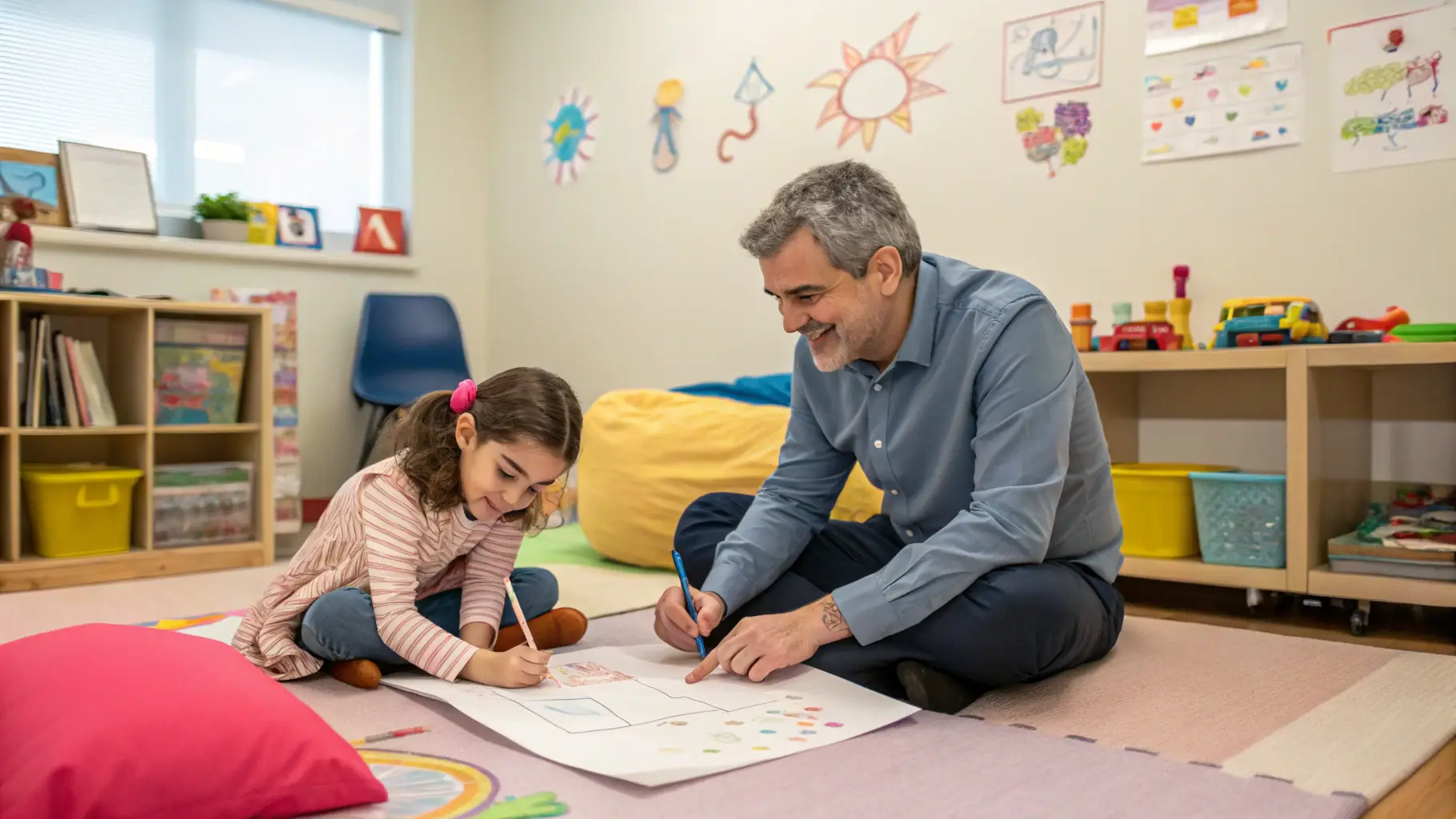Divorce is a significant life event that can profoundly affect children, leading to a range of emotional and behavioral responses. Understanding the potential impact of divorce on children is crucial for providing appropriate support and guidance. Children may experience feelings of sadness, anger, fear, and confusion during this transition. It is important to acknowledge and validate these emotions. Children’s reactions to divorce can vary greatly depending on their age, personality, and the specific circumstances of the separation. Younger children may exhibit regressive behaviors, while older children may experience increased anxiety or difficulty concentrating. Recognizing these potential reactions can help parents and caregivers provide appropriate support. Open communication and consistent routines can help children feel more secure and stable. Creating a supportive environment for children during and after a divorce is essential for their well-being. Encouraging open communication, providing emotional support, and maintaining consistent routines can help children adjust to the changes. Seeking professional guidance from a therapist can provide valuable support and strategies for navigating the challenges of divorce. It is important to remember that children need time and support to process their emotions and adjust to the new circumstances.
Coping with Depression: Practical Strategies
Depression can significantly impact daily life, but practical strategies can help individuals manage their symptoms



